Online gaming turning Queensland teens into violent thugs
A special investigation has revealed the high cost of violent video games on Australian families, with one father hospitalised after his internet-addicted son punched him in the face and other parents forced to take out DVOs against their teens.
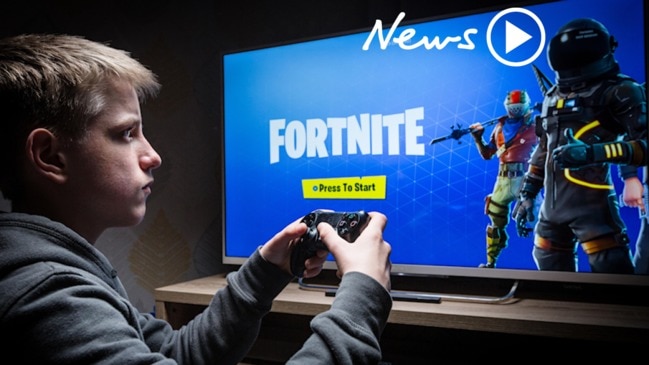
QLD News
Don't miss out on the headlines from QLD News. Followed categories will be added to My News.
ONLINE gaming is turning teenage boys into violent thugs, forcing families to take out domestic violence orders against their sons.
One Queensland father had to be hospitalised after his internet-addicted son punched him in the face for turning off an online game, a Sunday Mail investigation has revealed.
Other families have taken out DVOs against teens who turn thuggish when told to switch off addictive multi-player games.
Fortnite addiction allegedly led to brutal fight
The role parents play in reining in the Fortnite phenomenon
Internet addiction expert and teen psychiatric specialist Phillip Tam warned that kids using online games “have become increasingly cranky with the parents and are getting violent’’.
“Parents are afraid of their children,’’ he told The Sunday Mail yesterday.
“Kids are literally assaulting their dads when they turn the game off at night.
“The most severe cases I’m getting called about are in Queensland.
“I had a dad end up at hospital because he got punched in the face.
“AVOs have been taken out. I’ve had parents call the police because their 15-year-old son was violent.’’
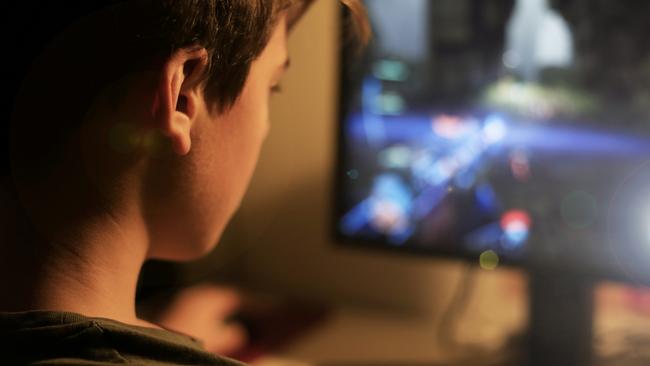
Royal Australian and New Zealand College of Psychiatrists spokesman Huu Kim Le, an Adelaide-based child psychiatrist specialising in gaming addiction, said he was treating children who were violent towards their parents.
Some heavy gamers soiled themselves playing games, refused to go to school, suffered depression or had trouble concentrating.
“I had a kid last week who had an ornamental knife on his desk,’’ Dr Le told The Sunday Mail.
“He was shouting at his online game and his mum walked in and said he’d better keep it down, and he threatened her with the knife.
“He said, ‘How about I slice your throat?’
“Kids get desensitised to violence.
“There’s a shutting down of empathy.’’
The psychiatrists have spoken out amid growing alarm about the impact of digital devices on children’s physical and mental health.
Australians will spend a record $405 million buying online video games this year — a 10 per cent increase on last year — an analysis by IbisWorld shows.
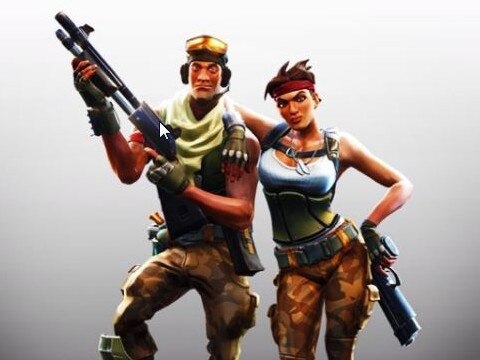
The introduction of smartphones and ipads over the past decade has coincided with a doubling in cases of autism, while prescriptions to treat attention deficit hyperactivity disorder (ADHD) have grown by nearly one-third.
Dr Le said social media was worsening depression in some teenage girls, due to cyber bullying, peer group pressure and issues with self-esteem.
He said a paediatrician had referred a boy to him who kept soiling his pants, without any physical explanation.
“(The boy) just told me he was so immersed in the game,’’ Dr Le said.
“Children will soil themselves rather than leave the game to go to the toilet.’’
Dr Tam said internet addiction “does look very similar to drug addiction’’.
“I do see kids getting aggressive,’’ he said.
“They’re losing contact with the real world.
“Thousands of kids are literally not seeing sunlight from Friday to Sunday night.
“Parents are frustrated that some kids have completely dropped out of school because they’re gaming all night and sleeping all day.’’
HIGH COST OF ZOMBIE GAMERS REVEALED
PROMINENT Queensland families are spending thousands of dollars to get their tech-obsessed teens offline and back into the real world.
“My son was wasting hours in his bedroom watching porn and playing games when he should have been studying,” said a Brisbane mother, who didn’t want to be identified to protect her son’s job prospects.
“Enough was enough. We couldn’t reach him and he became increasingly uninterested and switched off from the family. His grades really suffered,” she said.
Another parent, a well-known media personality, said his son was unable to function without a device in his hands and his mental wellbeing had deteriorated as a result.
“We were so worried because we could see his life going to the toilet. He lost interest in everything, even eating, and he barely slept. He’d become a zombie,” he said.
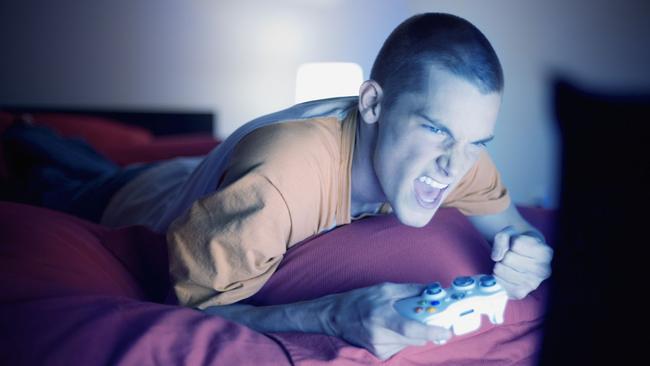
The private school parents are among those who have turned to Westlake psychologist Adam Bear, who runs a “mobile practice”, visiting people’s homes. He charges upwards of $120 an hour, and multiple sessions are required.
Mr Bear failed to respond to requests for an interview but describes himself online as “fluent in Minecraft and popular culture” and skilled at working with young people who don’t think they need help, who have had negative experiences in therapy before, or who are not particularly enthusiastic or compliant.
“It’s good to have someone outside the family come in and talk about it, but it is still a long road ahead,” the parent said.
But the problem comes as little surprise to other experts who have found that gaming giants are designing online games to be as addictive as pokies, by triggering “happy hormones’’.
Queensland Brain Institute researcher Dr James Kesby said many online games triggered hits of dopamine.
“They’re copying casinos and gambling games,’’ he said. “A lot of games try to get people to pay money to continue, to get little bonuses.
“Dopamine is the key to keep players wanting to get that reward again and again.’’
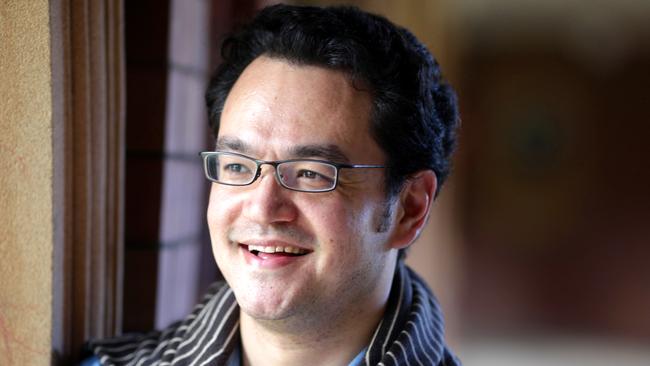
Network for internet Investigation and Research Australia (NIRA) president Dr Philip Tam said some games were so addictive kids were hacking school Wi-Fi controls to play on school laptops in lessons.
“Kids are smart and they can get around school filters,’’ the child psychiatrist said.
He said girls were more interested in social media, but boys could be obsessed with multiplayer online gaming.
Gaming addiction expert Dr Huu Kim Le, an Adelaide-based child psychiatrist, said some educational apps used pop-ups with crying babies to evoke guilt so kids would click to make an in-app purchase.
“The immediate rewards and feedback in the online world affects their brains,’’ he said. “In the real world they’re not getting that constant reward and dopamine hit.”
Dr Le said games were designed to grab attention with flashing lights, fast-moving images and violence.
TECHNOLOGY REPLACES PARENTAL BONDS
BABIES are bonding with iPads instead of parents, as the diagnosis of childhood autism soars.
Canadian neurotherapist Dr Mari Swingle, author of i-Minds, yesterday warned that devices were interfering with children’s brain development and creating an “autistic world’’.
“Children are starting to attach to objects instead of caretakers,’’ she said. “They don’t want mum to soothe them when they’re upset, they want mum’s phone.
“When you give an infant a screen, it completely substitutes the parents, so they start to attach to the object.’’

Dr Swingle, the keynote speaker at a Nature Play Australia conference in Brisbane next March, said children who depended on devices were not learning about emotional regulation and were developing “autistic-like characteristics’’.
“Children are losing the ability to read facial cues and emotions,’’ she said. “I think we’re moving towards an autistic world.
“We have the making of a different form of human … a non-emotional, non-connected species.’’
Australian occupational therapist Yvonne Wink yesterday said children were suffering “separation anxiety’’ because of a lack of face time with parents, and they were throwing tantrums to get parental attention.
Ms Wink said devices were “mushing children’s brains’’ and interfering with motor skills.
“They can do a puzzle on an iPad, but they can’t do a puzzle in real life,’’ she said. “They’re so used to swiping, they can’t turn the pages of a book or hold a pencil.
“They get frustrated really easily. They don’t have social problem-solving skills, and looking someone in the eye is becoming rare.’’
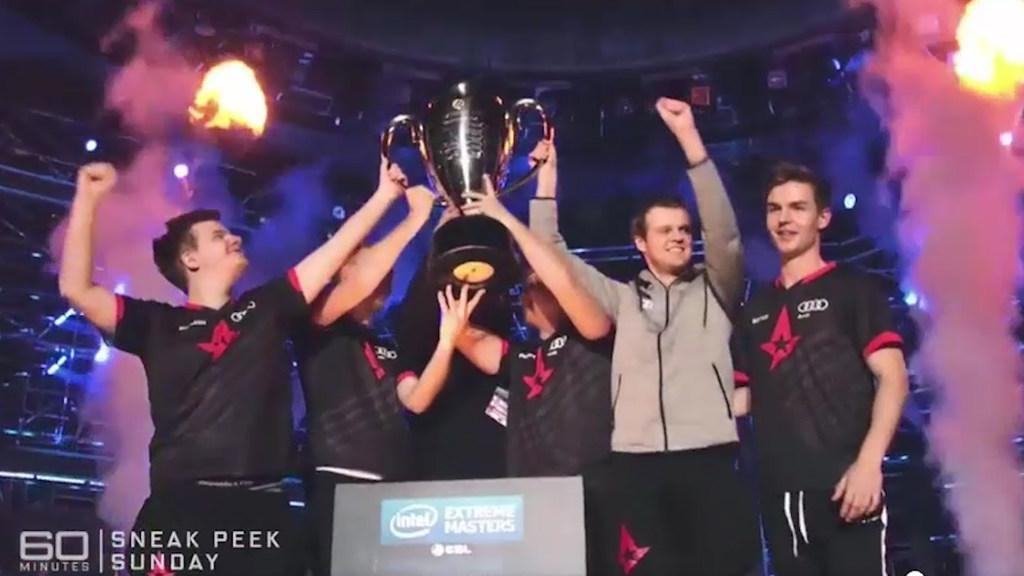
Ms Wink said she had been working in the field for 30 years and children’s behaviour had changed markedly since the introduction of smartphones and iPads.
Bureau of Statistics data shows the autism rate among children under five has doubled since the introduction of iPads in 2010 — from 0.2 per cent in 2009 to 0.4 per cent in 2015. For kids aged five to 14, it has doubled from 1.4 per cent, and for those aged 15 to 19, it has jumped from 0.8 per cent to 1.8 per cent.
But Griffith University autism researcher Dr David Trembath said the rise in rates was due to changes in diagnosis. However he added, “there’s definitely concern in the field among parents, speech pathologists and researchers that there may be negative effects of these devices’’.



